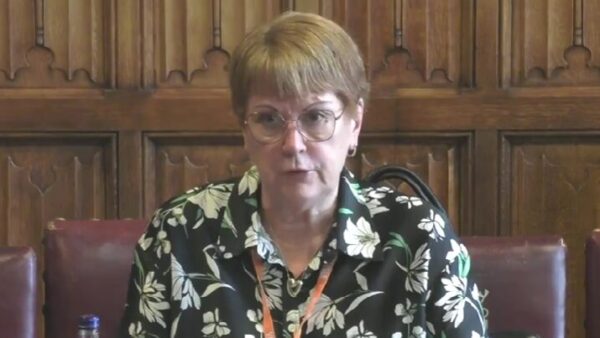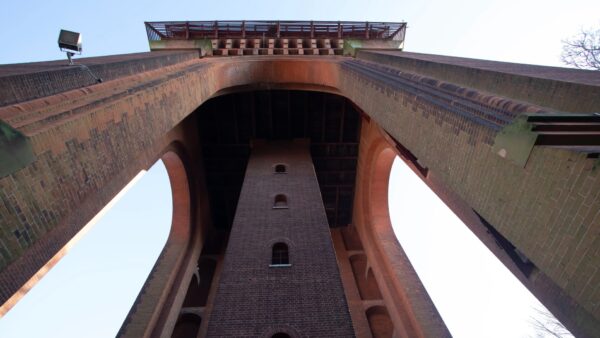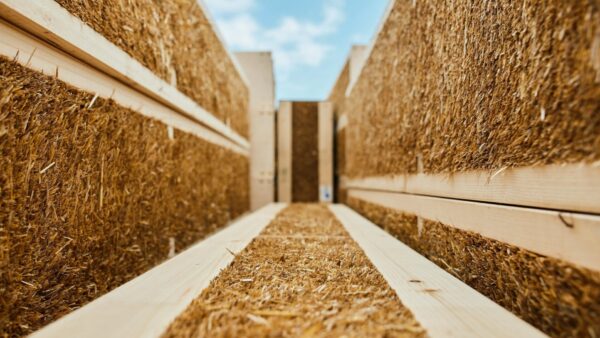
The Chartered Institution of Building Services Engineers (CIBSE), Amazon and engineering consultancy Introba have launched guidance to calculate embodied carbon in logistics buildings.
The Europewide Embodied carbon in building services: logistics centres (TM65.3) is the first guidance and methodology aimed at fostering informed data-based decision-making as the logistics industry works towards reducing its environmental footprint.
The document is aimed at various stakeholders, including logistics building owners, manufacturers, retailers, architects, engineers, policymakers, researchers and students.
By providing comprehensive insights into the embodied carbon impact of material handling equipment (MHE) and mechanical, electrical and plumbing strategies, the guidance seeks to empower those stakeholders to make informed decisions aligned with their organisation’s sustainability goals.
Understanding the carbon impact of a fast-growing sector
TM65.3 builds upon CIBSE’s methodology outlined in Embodied carbon in building services: A calculation methodology (TM65). This is a calculation method for embodied carbon emissions in building services design that provides a robust framework for understanding and mitigating environmental impact.
Embodied carbon encompasses greenhouse gas emissions associated with materials and construction processes across different lifecycle stages. The guidance found that MHE can represent an additional 17%-53% of a typical logistics building’s embodied carbon.
Logistics companies can reduce their environmental impact by making more informed decisions about the type of equipment used in their warehouses, and equipment manufacturers have the opportunity to differentiate and lead by developing equipment with lower carbon footprints.
Introba’s head of sustainability for UK and Europe, Andy Stanton, said: “TM65.3 is our first step along the journey to quantifying the embodied carbon across various logistics building typologies, particularly material handling equipment. There is no sign of demand for goods and services decreasing any time soon, so the need to understand the embodied carbon of the fast-growing logistics sector is paramount.”











